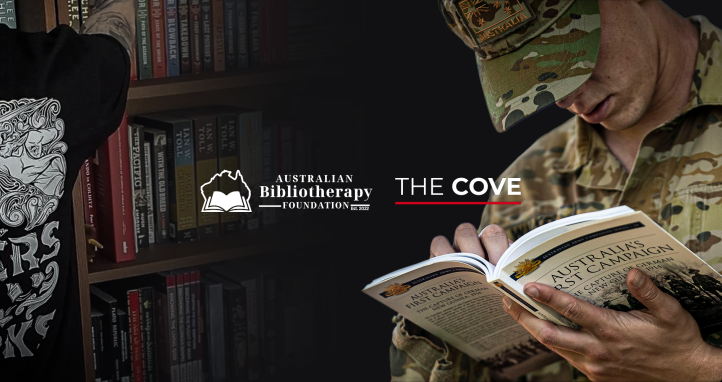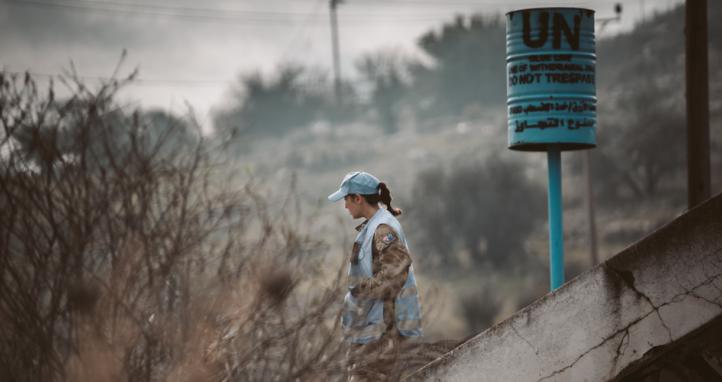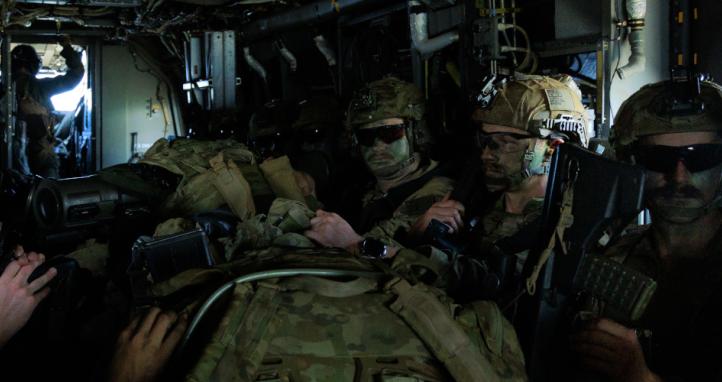This article by Janine Davidson via the University of Michigan Press suggests that militaries have a difficult time innovating. It applies modern concepts of organisational theory and organisational change to address the ‘catalyst for change’ question – do militaries change on their own? Do they change in response to perceived threats, new technologies or other global changes? Or, do they need a ‘push’ from external stimuli before they will adapt?
By applying organisational theory the article suggests that militaries are highly resistant to change, and therefore it is critical to understand what it takes to influence their behaviour from the outside, and what conditions are needed to force the military to innovate. It suggests that organisational theorists conclude that military organisations resist innovation as a result of the structural systems, norms and procedures that focus behaviour towards specific outcomes. The author states that "the critical point of agreement among scholars is that if left alone, militaries would be unlikely to change and would otherwise tend towards inappropriate doctrine".
Despite military barriers to innovation, the article states that organisational theorists concede that militaries will change in response to three catalysts:
- External pressure
- The opportunity or need to grow and/or survive
- Failure
Read the article and share your thoughts with us – do you think we are an organisation that inherently resists change? What can we do to improve our change culture? What are the essential elements needed to ensure the Australian Army continues to embrace change where appropriate?









